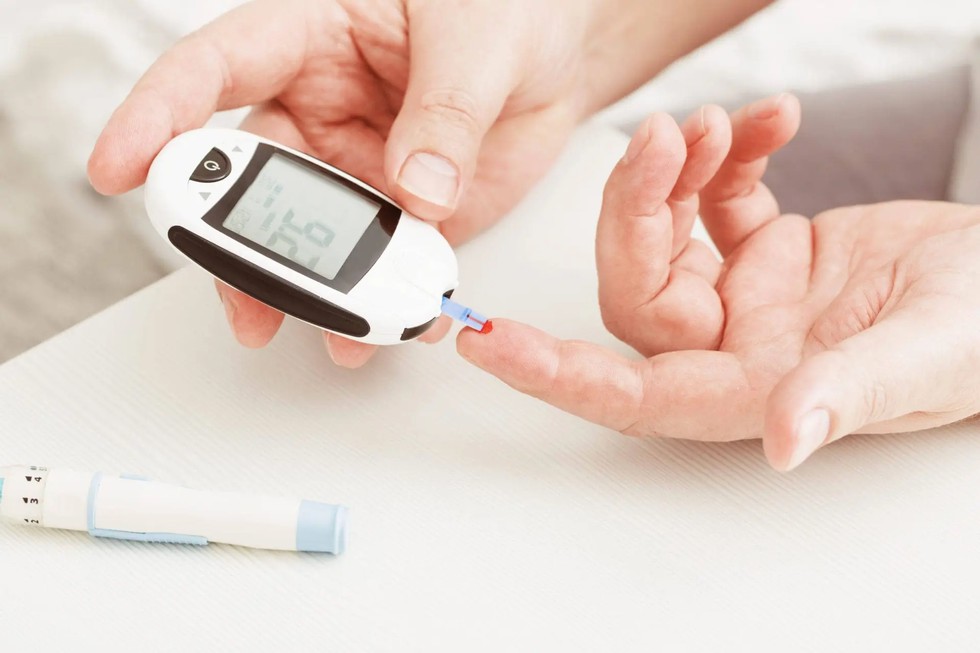
About IL-35 Protein:
What is autoimmune diabetes mellitus?
The global market for clean energy te...
Scientists at the Indian Institute of...
The elusive common cat snake was rece...
The US army would be carrying out a t...
Scientists have made some notable dis...
Scientists at the Institute of Advanc...
More than two million applications ha...
Recently, the Union Minister of Scien...
The Exercise “VINBAX 2024” is schedul...
Gravity energy storage is emerging as...